Ruoergai CountyZoige County
Zoige County is located in the northeastern edge of the Qinghai-Tibet Plateau. It is the northern gate of Sichuan Province to the northwestern provinces. Its geographic coordinates are 102 08 to 103 39 East and 32 56 to 34 19 north. Its neighbors are Maqu County, Luqu County, Zhuoni County, Diebu County and Gansu Province, respectively. Aba County, Hongyuan County, Songpan County and Jiuzhaigou County are bordered by Aba Prefecture. The Yellow River and the Yangtze River divide it into two parts. The largest distance between the East and the west is about 150 kilometers. It is 475.3 kilometers from Lanzhou, 322.4 kilometers from Malkang, 469.2 kilometers from Chengdu to the South and 3406 meters above sea level from the county seat.
Zoige County has an area of 10436.58 square kilometers. At the end of 2010, Zoige County has a total population of 75,791. Dazhasi Town is the county's political, economic and cultural center.
In 2013, Zoige County achieved a GDP of 1.35 billion yuan, an increase of 14% over 2012, and an industrial output value of 236 million yuan, an increase of 14.1% over the same period of the year. The total industrial added value was 120 million yuan, of which 62.5 million yuan was added to the value of industries above the scale. The total retail sales of consumer goods is expected to reach 360 million yuan.
In 2005, the Geer prairie was named "the most beautiful wetland in China" by National Geographic magazine.
Zoige County enjoys the reputation of "the most beautiful alpine wetland grassland in China" and "the hometown of black-necked cranes in China", known as "oasis of Northwest Sichuan plateau" and "cloud paradise".
In September 25, 2018, the Ministry of Commerce received the honorary title of "e-commerce in 2018 into the rural comprehensive demonstration county".
In the Western Han Dynasty, the Ruoergai area belonged to the white horse range.
In the Northern Zhou Dynasty, in the eastern part of the county, the area was located in the county of Junxiang county.
In the Sui Dynasty, the pass county was Wenshan County, and the Tang Dynasty was controlled by the state of the Song Dynasty. During the strong period of Tubo, it was ruled by Tubo.
The Yuan Dynasty set up pan state in Jixiang Township today.
In the Ming Dynasty, the first word of the two states was named Songpan Wei.
In the Qing Dynasty, the Ministry of leather and toast was established in this county. In the Republic of China, it belonged to Songpan county.
In August 1950, the Maoxian prefectural Party committee and Songpan County sent a working group to work in the area. In 1951, the Songpan County Government sent a working group to Langmu Temple to hold a meeting of the twelve tribes of Ruoergai Tuguan to carry out work.
In 1953, the People's Liberation Army marched into the grassland to eliminate the remnants of the Kuomintang army, Ma Liang. In June, the 12 tribes of Zoige and the seven houses of Zoige were jointly built into the Zoige Baozang Administrative Committee. In 1956, Ruoergai county was built in 7, belonging to Aba Tibetan and Qiang Autonomous Prefecture.
The name of the county comes from the name of a great housekeeper from Tibet. The servant is called Geng, who translated and wrote Ruoergai. One name is Ruoergai tribe.
topographic features
The terrain of Zoige County is complex. The watershed between the Yellow River and the Yangtze River Valley divides the county into two distinct geographical units and natural economic zones. The central and southern parts of the country are typical hilly Highlands, accounting for 69% of the total area of the county, and the terrain is tilted from south to north. The average altitude is 3500 meters. The northern and southeastern mountainous system is the western part of Qinling Mountains and the northern end of Minshan Mountains.
climate
Ruoergai county belongs to the humid monsoon climate of the plateau cold temperate zone, and has no summer all the year round. The annual average temperature is 1.1 degrees, and the annual precipitation is 648.5 millimeters. There is no absolute frost free period. Rainfall mostly concentrated in late May to mid July, with an annual rainfall of 656.8 millimeters. The annual relative humidity is 69%. The land begins to freeze in late September every year, and thaw is completely thawed in mid May, and the deepest part of frozen soil is 72 centimeters.
hydrology
The main rivers in Zoige County are the Bailong River, the Baozuo River and the Brazilian River, and Gaqu, Moqu and Requ, which flow from south to North into the Yellow River.

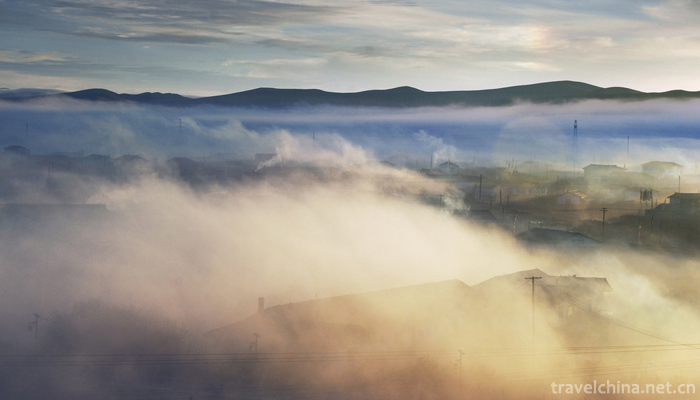
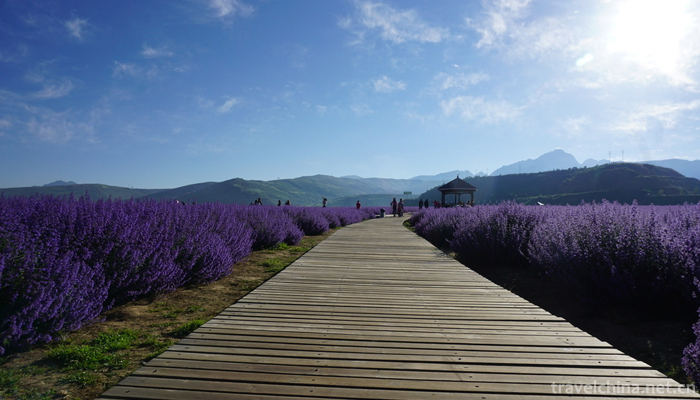
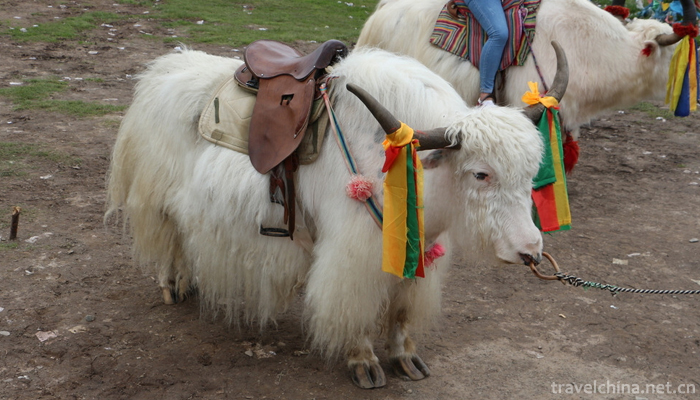
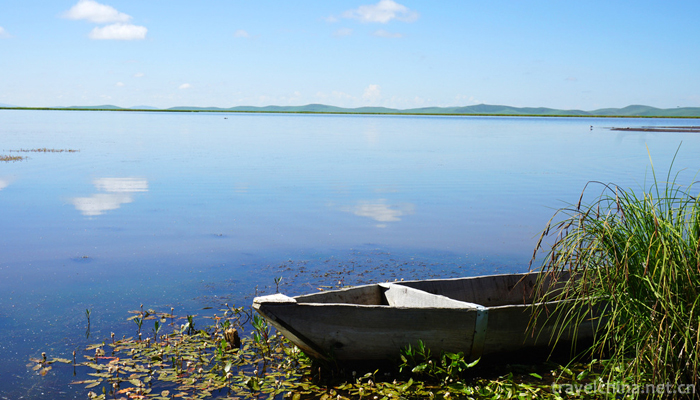
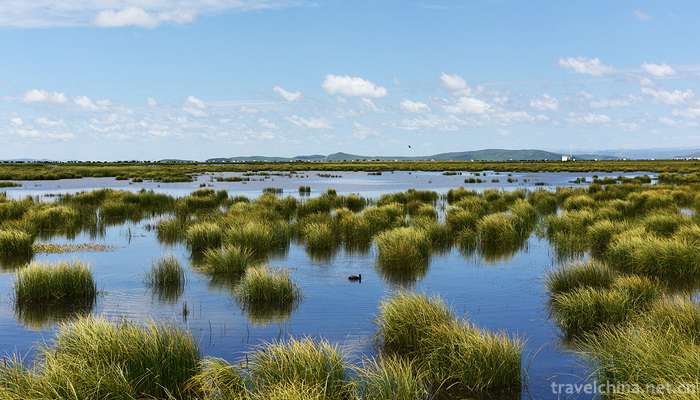

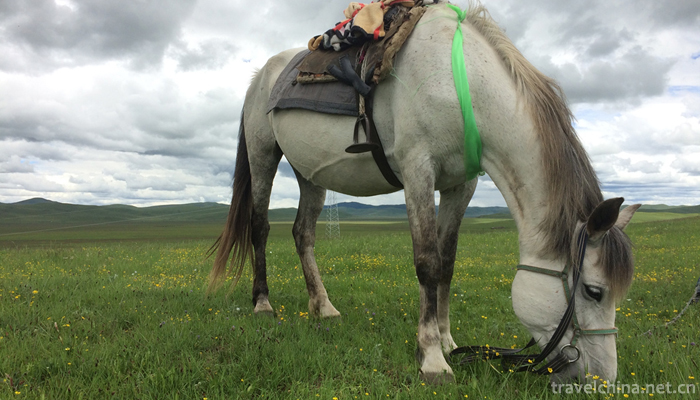
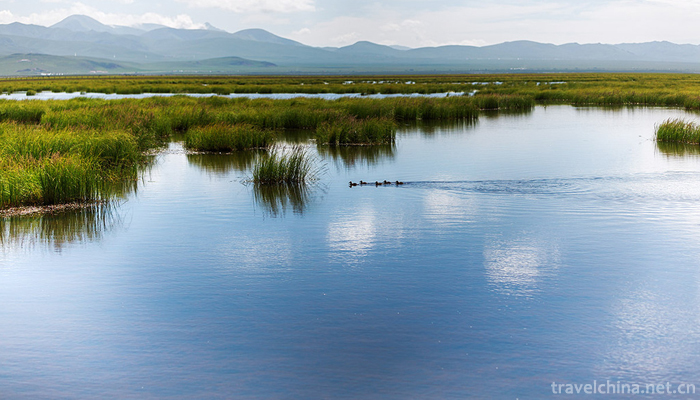
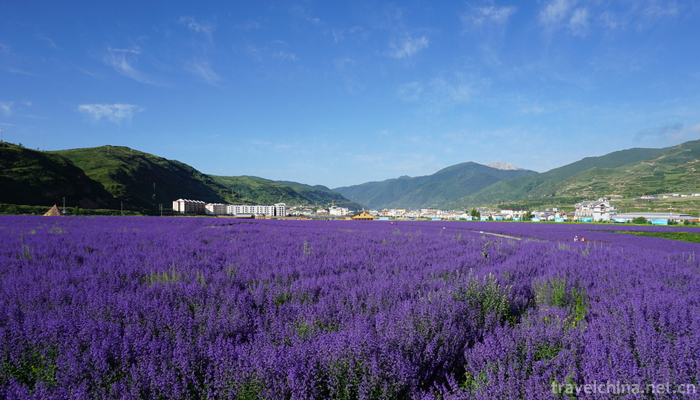
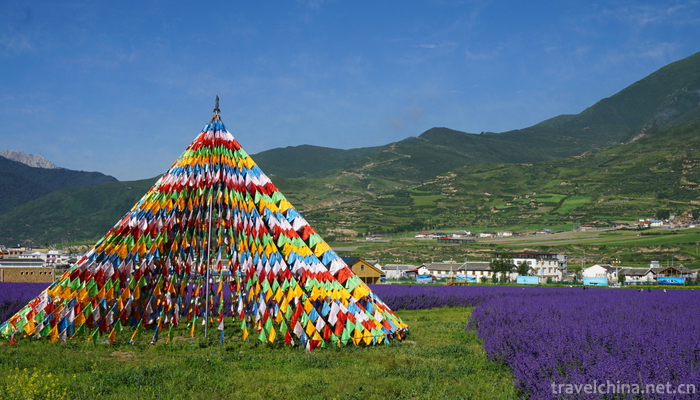
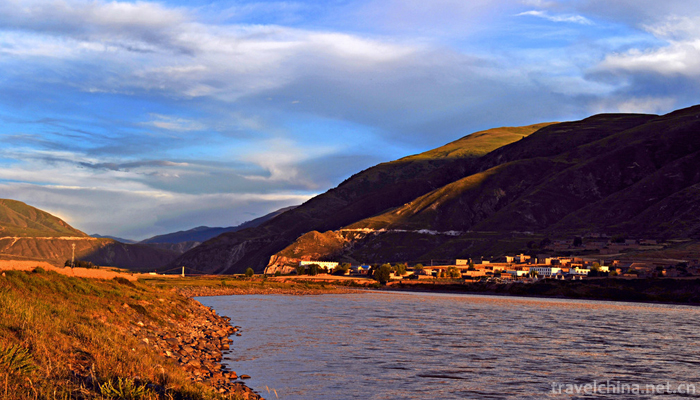
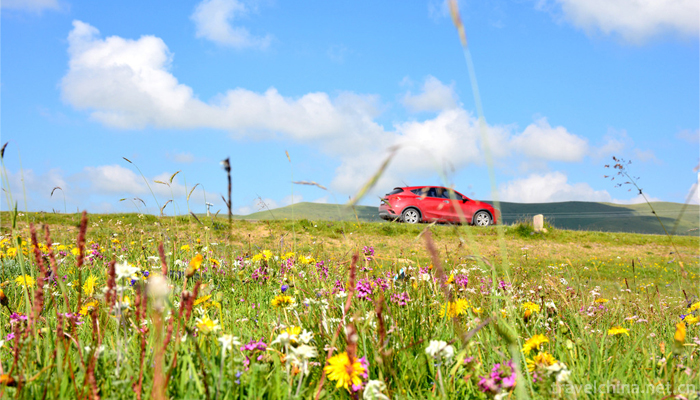
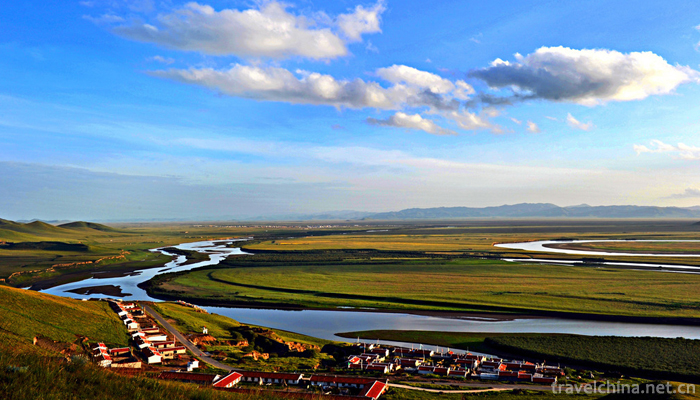

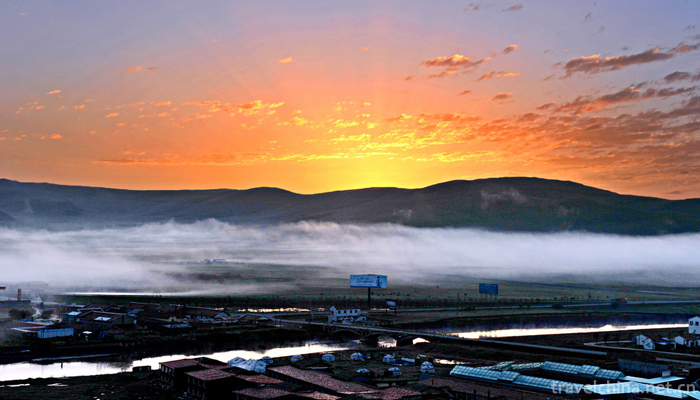


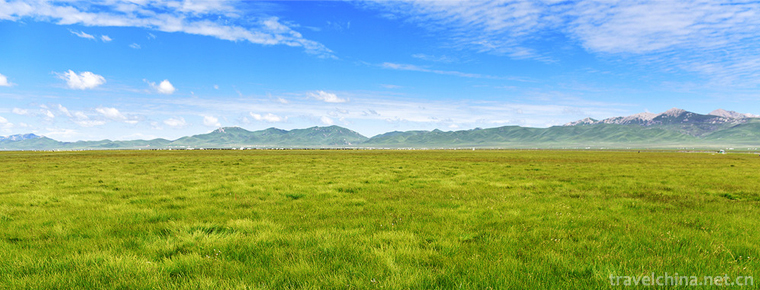
-
1.Zhouzhuang Town
Zhouzhuang Ancient Town is a preferred site for world cultural heritage and the first batch of national 5A tourist attractions. It is located in the southeast of Suzhou City and at the junction of Kun
Time 2018-12-06 -
2.Vinegar garden in East Lake
Donghu Vinegar Garden is located at No. 26 Madaobo between Dongshan Expressway and Jianbei Road in Taiyuan City. It covers an area of more than 20,000 square meters. Shanxi is most famous
Time 2018-12-20 -
3.Five spring mountain
Wuquan Mountain is located at the northern foot of Gaolan Mountain, south of Lanzhou City. It is a famous Longshang resort with a history of more than 2,000 years
Time 2018-12-22 -
4.Tangya Tusi City Site
Tangya Tusi Town Site is located in Tangya Town, Xianfeng County, Enshi Tujia and Miao Autonomous Prefecture, Hubei Province, with its back to Xuanwu Mountain and facing Tangya River.
Time 2019-02-13 -
5.Baoan Waist Knife Forging Techniques
Baoan waist knife forging technology, Gansu Province Jishishan Baoan Sala Autonomous County traditional handicraft, one of the national intangible cultural heritage.
Time 2019-04-04 -
6.Ordos Wedding
Ordos Wedding, one of the national intangible cultural heritages, is a traditional folk custom in Ordos City, Inner Mongolia Autonomous Region.
Time 2019-04-28 -
7.Huidong Fishing Song
Huidong Fishing Song is one of the traditional folk arts in Guangdong Province. From the Song Dynasty, fishing songs in the shallow sea of Huidong were introduced from the coast of Fujian Province.
Time 2019-05-05 -
8.Miao Lusheng Dance
Lusheng dance, also known as "stepping on Lusheng" and "stepping on the singing hall", is named for its accompaniment and self-boasting dance. It spreads in the Miao, Dong, Buyi, S
Time 2019-06-05 -
9.Achi Wood Scraping of Lisu Nationality
"Aqimuguo" is a kind of self-entertaining dance for the masses, which is spread in the upper reaches of the Cangjiang River with Yezhi Township as the center. Its characteristics are that it
Time 2019-06-17 -
10.Bowang mountain
Bo (B ó) Wang mountain, also known as Bowang mountain. Bowang mountain is one of the most important breeding and living places of the ancient Bo nationality. It was known as lunzhudadun and shitoudazhai in ancient times
Time 2020-10-16 -
11.Animal resources in Yibin
There are nearly 1000 species of vertebrate resources in Yibin City. Among them, there are 70 species of mammals in 23 families; 306 species of birds in 16 orders, 46 families; 34 species of reptiles in 2 orders, 9 families; 29 species of amphibians; and 151 spe
Time 2020-12-18 -
12.Guangan economy
In 2019, the GDP of Guang'an City will reach 125.04 billion yuan, an increase of 7.5% over the previous year (the same below). Among them, the added value of the primary industry was 20.43 billion yuan, an increase of 2.8%; the added value of the secon
Time 2020-12-19